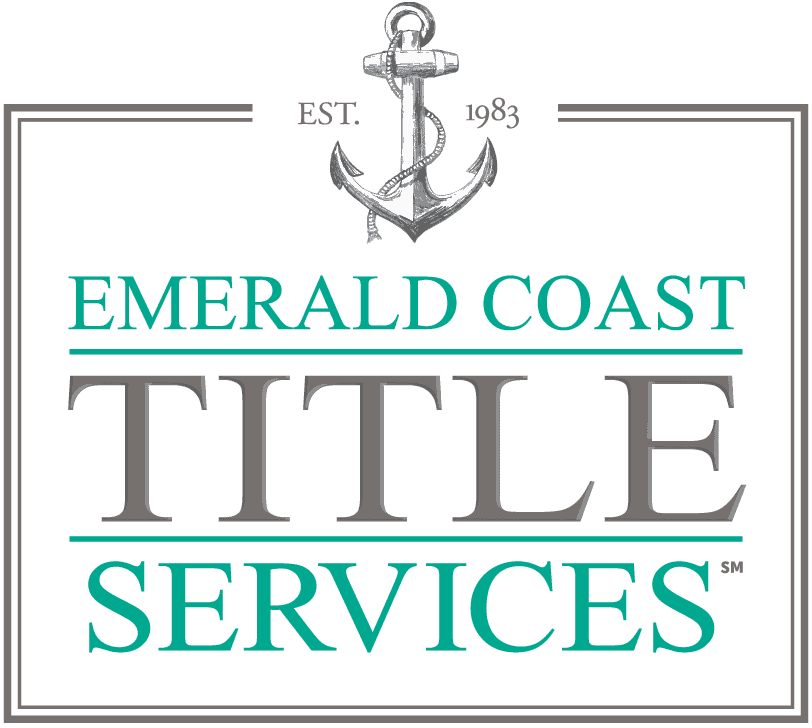Insurance is important, especially for homeowners. There are a lot of things that can go wrong around the house, and having a good insurance policy helps to guard against unexpected problems or accidents that can occur. What happens when your homeowner’s policy isn’t enough, though? There are some instances where you may find yourself in need of a bit more coverage than your current policies offer. This is where an umbrella policy comes in.
Umbrella insurance policies provide you with additional liability protection on top of your existing insurance coverage. If you’re like a lot of homeowners, though, you might not be sure whether you need an umbrella policy and may not even know exactly what coverage it provides. If that’s the case, here is some information to help you decide whether you need an umbrella over your head.
What Is an Umbrella Policy?
Umbrella coverage is known by a few different names: personal umbrella policies, umbrella insurance and even umbrella liability insurance. Regardless of what it’s called, though, the coverage is designed to protect individuals from large liability claims and judgments. These policies cover some of the biggest causes of liability claims including bodily injury, property damage, landlord liability and similar situations. As the name implies, they are intended for personal claims and won’t cover liability due to contracts (beyond property rental agreements in the case of landlords) or business losses.
How Umbrella Policies Work
An umbrella policy acts as additional insurance coverage once the primary insurance liability limit is reached. For homeowners, this means that if someone is injured on your property or you face some other significant liability, the liability coverage in your homeowner’s insurance or other policy will be used to cover the cost first. If the liability is substantial and requires a larger payout than what your policy limit covers, the umbrella policy will take over to cover the additional amount.
It’s worth noting that umbrella policies aren’t just for homeowners. They can provide coverage over other types of insurance as well. Many homeowners also use umbrella coverage to protect against automobile accident liability as well, since a car accident could easily cause property damage or injury that exceeds the liability coverage offered by a lot of car insurance policies.
Why Get an Umbrella Policy?
Having the extra liability coverage provided by an umbrella policy is a good way to put your mind at ease. Not only does it ensure that medical and other costs that can result from accidents will be taken care of, but it also provides additional protection against lawsuits that might arise from those same accidents. This becomes particularly important if you own a fixer-upper or are in the process of slowly remodeling your home, since the little imperfections and other problems that you hope to eventually fix can increase the likelihood of accidents or other damage. While it’s possible that your existing insurance will cover your liabilities, the umbrella coverage gives you an extra layer of protection.
Is an Umbrella Policy Right for You?
Whether you need an umbrella policy depends on your current lifestyle, the home you live in, its state of repair and even the coverage limits of your existing insurance. In most cases you won’t be required to have umbrella coverage, unlike a homeowner’s policy or mortgage insurance often required by lenders. You should take the time to consider your situation, shop around for umbrella policy quotes and think about whether an umbrella policy will give you a little more security.
Finding Your Perfect Policy
If you decide that you need umbrella coverage, the next thing you need to do is make sure that you aren’t paying too much for the coverage that you get. HomeKeepr can help. Sign up for a free account today so you can find an insurance agent who has the perfect umbrella policy for your needs without you getting left out in the rain.

